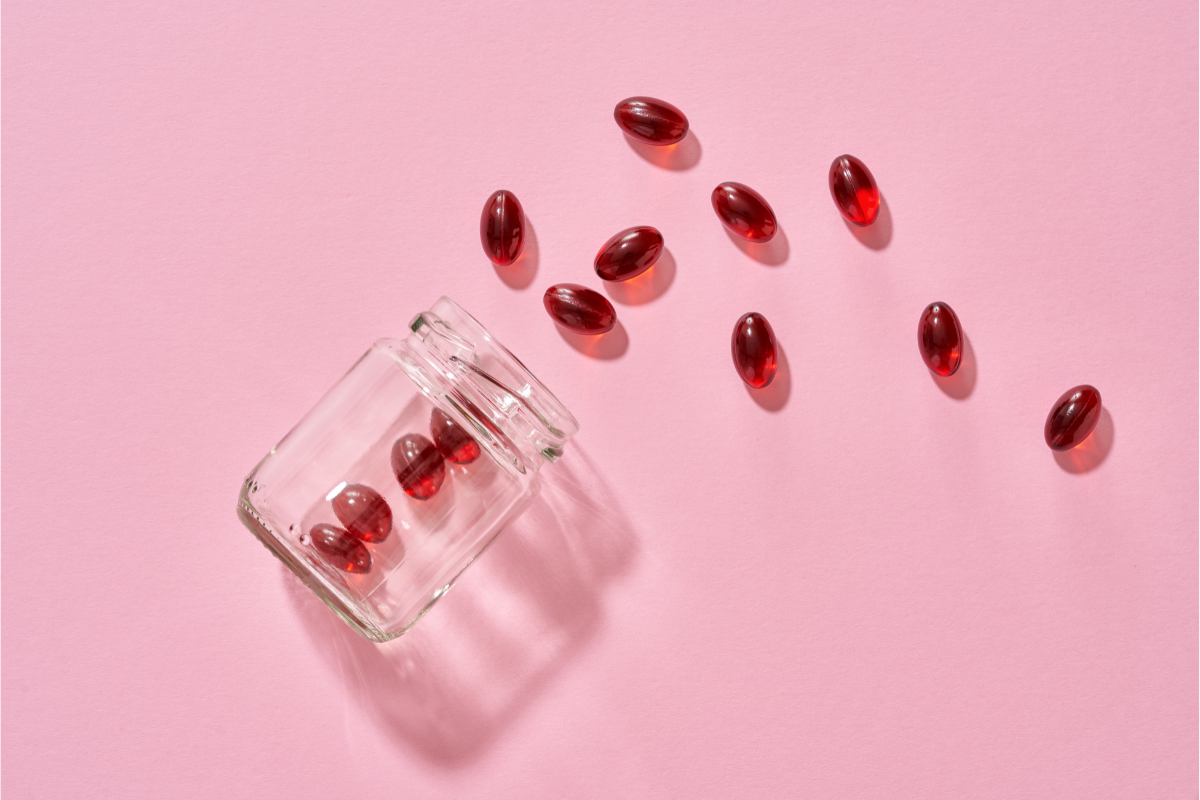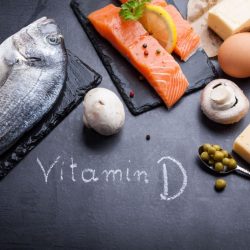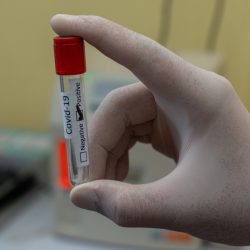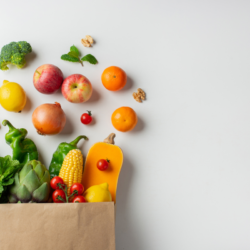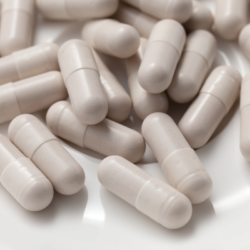Glutathione is needed in many stages of the immune response . High levels of glutathione therefore allow the body to produce more white blood cells constituting the first line of defense of the immune system. Glutathione is thus essential for the multiplication of the lymphocytes necessary for the development of a strong immune response and for the killer lymphocytes (NK) to be able to destroy unwanted cells. In this article we will talk about the impact of micro-nutritional deficiencies and excesses on the morbidity and lethality of Covid-19 requiring precise and personalized care. Indeed, a micro-nutritional monitoring schemewould in fact limit the severity of the disease, as well as prepare patients who are vaccinated for better vaccine effectiveness .
What is the role of Glutathione in the body?
Glutathione is a tripeptide made up of 3 amino acids: cysteine , glycine and glutamate . It contributes to the health of the body and the lungs, and also plays a central role in the protection of cells against cellular damage induced by oxidative stress, but also in the detoxification of xenobiotics and drug metabolism.
The role of glutathione is to regulate the balance between innate immunity and inflammation , but also the infiltration of leukocytes at the site of infection to kill bacteria.
What is the link between Glutathione and Covid-19?
The Covid-19, but also its vaccine feed on this glutathione and do not hesitate to draw on our reserves; thus giving rise to a wide range of pathological conditions. Resistance to viral diseases therefore correlates positively with the extent of glutathione stores.
The risk factors for severe infection Covid-19 are in fact associated with a decrease or depletion of intracellular glutathione .
On the contrary, higher levels of glutathione have been associated with better individual responsiveness to viral infections . Glutathione is in fact known to protect host immune cells operating in oxidative stress environments, while contributing to their optimal functioning.
What are the risks of a Glutathione deficiency during Covid-19 contamination?
Alveolar fluid glutathione deficiency in patients with pulmonary edema or respiratory distress (ARDS) linked to Covid-19, has been shown to correlate with increased damage and inflammation of mediated lung cells by ROS ( Reactive Oxygen Species ). Incidentally, ARDS and the cytokine storm characterize the late stages of Covid-19.
A glutathione deficiency therefore leads to the activation of von Willebrand factor and the accumulation of ROS, which affect coagulation and platelet activation , impair endothelial function and predispose to the risk of thrombotic events , in particular hypercoagulation; a significant life-threatening complication in patients with Covid-19.
Why is it recommended to take a Glutathione cure during a Covid-19 contamination or as part of the Covid vaccination?
Low plasma glutathione levels have been identified along with three other clinical indicators (age, CD3 ratio and total protein) as a predictor of severe / critical symptoms in patients infected with COVID-19. All of this data has clinical relevance: Polonikov , studying 4 cases of moderate to severe COVID-19, found that while the three patients with high normal plasma glutathione levels recovered quickly, the one with low glutathione levels, high plasma ROSs and ROS / GSH ratio was suffering from the most severe disease and, at the time of publication, was still ill.
In another case report, 2 patients with COVID-19 pneumonia were successfully treated with high doses of supplemental intravenous glutathione and oral N-acetylcysteine; finally, Ibrahim et al. reported the case of a group of 9 critically ill patients successfully treated with N-acetylcysteine. Glutathione and acetylcysteine thus represent two nutrients that are useful and effective in the management of COVID-19 patients.
Total Glutathione Determination and Oral Supplementation
It makes good sense to aim for the highest values of total glutathione for maximum protection and also to ensure that the selenium level is optimal.
Although glycine is considered a non-essential amino acid because our body is able to produce it from other amino acids, this endogenous synthesis is not enough to cover all of our needs. Thus, glycine supplementation appears crucial to boost the body’s glutathione levels and thus attenuate the effects of the passage of time, and it has shown its interest in the context of various pathological situations. The ideal would therefore be to provide large amounts of glycine (5 to 10 g per day) and moderate amounts of acetylcysteine (200 to 400 mg per day).
Medical bibliographic sources and clinical trials :
-
Guoyao Wu et al. Glutathione metabolism and its implications for health J. Nutr . 2004
-
Polonikov A. Endogenous Deficiency of Glutathione as the Most Likely Cause of Serious Manifestations and Death in COVID-19 Patients. ACS Infect Dis. 2020
-
Silvagno F, Vernone A, Pescarmona GP. The Role of Glutathione in Protecting against the Severe Inflammatory Response Triggered by COVID-19. Antioxidants (Basel). 2020
-
Ghezzi,P Role of glutathione in immunity and inflammation in the lung Int J Gen Med. 2011
-
Siddiqi, HK, and Mehra, M R COVID-19 Illness in Native and Immunosuppressed States: A Clinical-Therapeutic Staging Proposal. J. Heart Lung Transplant.2020
-
Ibrahim, HA et col.Relations between von Willebrand factor, markers of oxidative stress and microalbuminuria in patients with type 2 diabetes mellitus. Med. Sci. Monit. 2004
-
Violi, F et col. Atherothrombosis and Oxidative Stress: Mechanisms and Management in Elderly. Antioxid. Redox Signal 2017
-
Giardini, V et col. Increased sFLT1/PlGF ratio in COVID-19: a novel link to Angiotensin II-mediated endothelial dysfunction. Am. J. Hematol. 2020
-
Sun, L et col. Combination of four clinical indicators predicts the severe/critical symptom of patients infected COVID-19. J. Clin. Virol. 2020
-
Horowitz RI et col. Efficacy of glutathione therapy in relieving dyspnea associated with COVID-19 pneumonia: A report of 2 cases. Respir Med Case Rep. 2020
-
Ibrahim H et col. Therapeutic blockade of inflammation in severe COVID-19 infection with intravenous N-acetylcysteine. Clin Immunol. 2020
-
Guloyan V et col. Glutathione Supplementation as an Adjunctive Therapy in COVID-19. Antioxidants (Basel). 2020
-
De Flora S et col Rationale for the use of N-acetylcysteine in both prevention and adjuvant therapy of COVID-19. FASEB J. 2020
-
Sekhar RV et col.. Deficient synthesis of glutathione underlies oxidative stress in aging and can be corrected by dietary cysteine and glycine supplementation. Am J ClinNutr. 2011
-
McCarty MF et col.. Dietary Glycine Is Rate-Limiting for Glutathione Synthesis and May Have Broad Potential for Health Protection.Ochsner J. 2018

